
Suez: The Gateway to the Red Sea
Suez, a bustling port city in Egypt, is a place where history, culture, and modernity meet. Known as the gateway to the Red Sea, Suez holds a unique position geographically and historically. The city is famous for the Suez Canal, one of the most significant waterways in the world, linking the Mediterranean Sea to the Red Sea. This engineering marvel has been pivotal in global trade and remains a fascinating sight for visitors. Strolling through Suez, tourists can enjoy a mix of old and new. The city's waterfront is picturesque, offering stunning views of ships passing through the canal. The local markets are lively and vibrant, where you can experience the authentic Egyptian way of life. Suez is also home to several historic sites, including the Suez Canal Authority Building and the various war memorials that pay homage to the city's strategic importance during different eras. Moreover, Suez serves as a great base for exploring nearby attractions. The Sinai Peninsula is just a short drive away, where you can enjoy hiking, diving, and exploring ancient monasteries. The city's location also makes it a convenient stopover for those traveling to or from Cairo and other parts of Egypt. Whether you are a history buff, an adventure seeker, or simply someone looking to relax by the sea, Suez offers something for everyone.
Local tips in Suez
- Visit the Suez Canal Authority Building for insights into the canal's history and operations.
- Stroll along the waterfront to enjoy views of the ships passing through the canal.
- Explore local markets for authentic Egyptian crafts and cuisine.
- Plan a day trip to the nearby Sinai Peninsula for hiking and diving adventures.
- Check the local weather as it can get quite hot, especially during summer months.
- Use Suez as a stopover when traveling between Cairo and other parts of Egypt.
Suez: The Gateway to the Red Sea
Suez, a bustling port city in Egypt, is a place where history, culture, and modernity meet. Known as the gateway to the Red Sea, Suez holds a unique position geographically and historically. The city is famous for the Suez Canal, one of the most significant waterways in the world, linking the Mediterranean Sea to the Red Sea. This engineering marvel has been pivotal in global trade and remains a fascinating sight for visitors. Strolling through Suez, tourists can enjoy a mix of old and new. The city's waterfront is picturesque, offering stunning views of ships passing through the canal. The local markets are lively and vibrant, where you can experience the authentic Egyptian way of life. Suez is also home to several historic sites, including the Suez Canal Authority Building and the various war memorials that pay homage to the city's strategic importance during different eras. Moreover, Suez serves as a great base for exploring nearby attractions. The Sinai Peninsula is just a short drive away, where you can enjoy hiking, diving, and exploring ancient monasteries. The city's location also makes it a convenient stopover for those traveling to or from Cairo and other parts of Egypt. Whether you are a history buff, an adventure seeker, or simply someone looking to relax by the sea, Suez offers something for everyone.
When is the best time to go to Suez?
Iconic landmarks you can’t miss
Suez Canal
Experience the marvel of engineering that connects continents and drives global commerce, a vital waterway with a rich history.
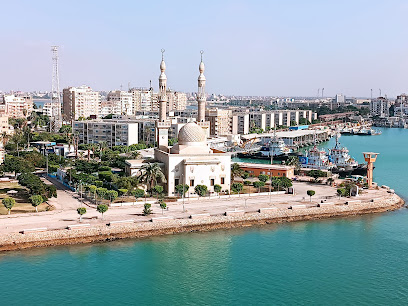
National Military Museum Egypt
Explore Egypt's military history from the pharaohs to modern times at the National Military Museum in Cairo Citadel.
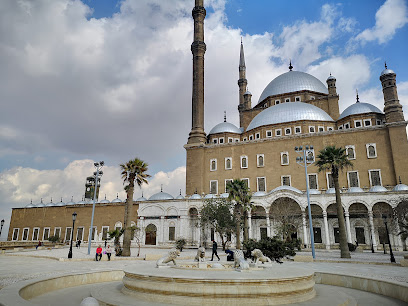
El Shohada'a Park
Discover tranquility and local culture at El Shohada'a Park, a lush green oasis in the heart of Suez, perfect for relaxation and family fun.
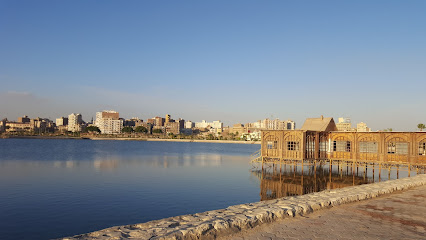
The Lighthouse of Port Said
Explore the historical Port Said Lighthouse, a 19th-century architectural marvel and a symbol of the city's maritime past and engineering innovation.
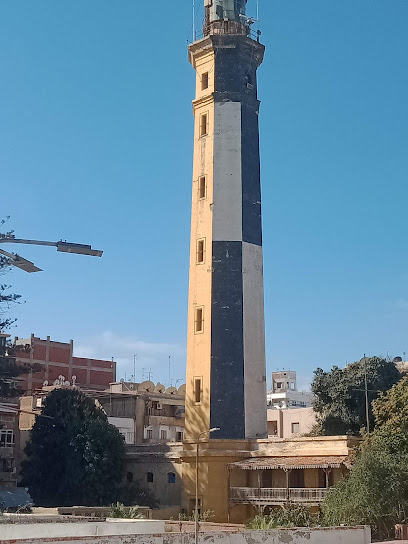
Ferdinand De Lesseps statue Base قاعدة تمثال فرديناند ديليسبس
Explore the base of the Ferdinand De Lesseps statue in Port Said, a historical landmark with scenic views of the Suez Canal and Mediterranean Sea.
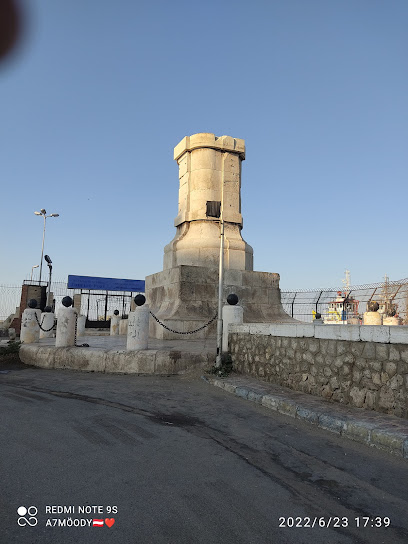
Ismailia Monuments Museum
Discover ancient Egyptian, Greek, and Roman artifacts at Ismailia Monuments Museum, a historical treasure trove in the heart of Ismailia.
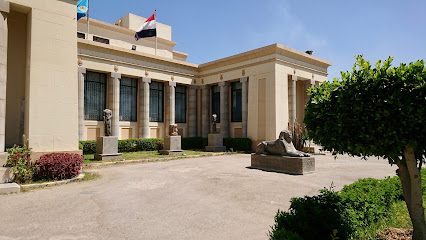
Rateb Ice Cream
Indulge in creamy, high-quality ice cream at Rateb Ice Cream in Suez, a local favorite offering a wide variety of flavors for every palate.
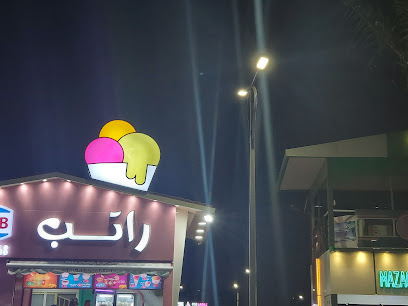
Suez National Museum
Discover the history of the Suez Canal and the city of Suez, from ancient times to the present, through a rich collection of artifacts.
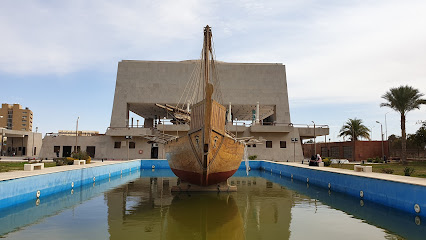
Pharaonic monuments area Bazbp hill
Discover the ancient wonders of the Pharaonic monuments at Bazbp Hill, a serene archaeological site in El Husseiniya, Egypt.
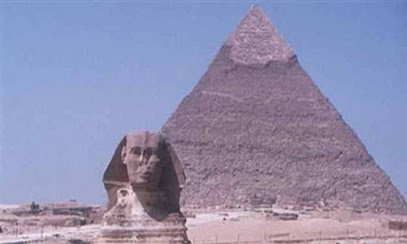
Pilgrims Village Mosque
Discover tranquility and spiritual reflection at the Pilgrims Village Mosque in Suez, a must-visit for culture, religion, and history enthusiasts.
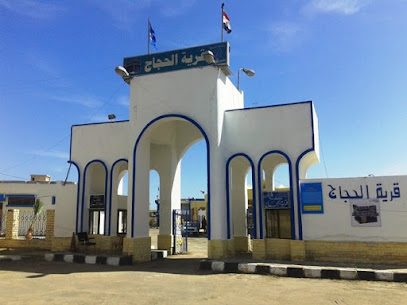
Summer Palace Hotel & Resort
A relaxing Suez Harbour hotel with elegant rooms, a pool, and easy access to local historical sites and natural wonders.

Masjid Al Khedir
Discover serenity and architectural beauty at Masjid Al Khedir, a cultural gem in the heart of Suez, Egypt. A peaceful retreat for all.
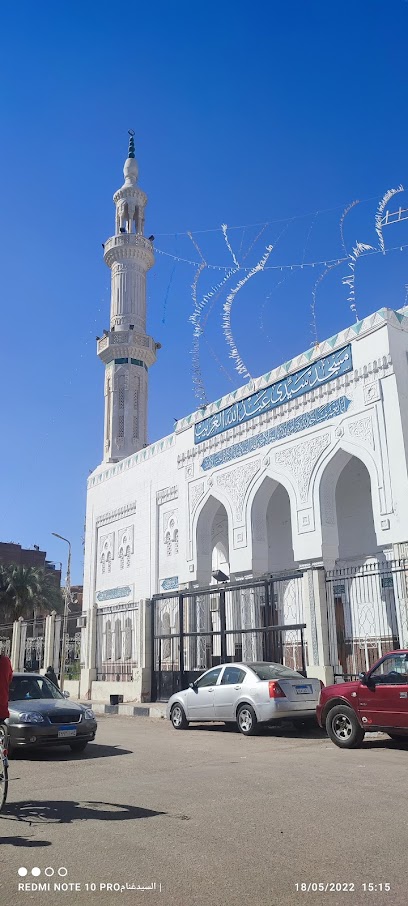
Elsuez Pastry & Cafe
Indulge in delightful pastries and coffee at Elsuez Pastry & Cafe, a sweet escape with stunning Corniche views in Suez, Egypt.
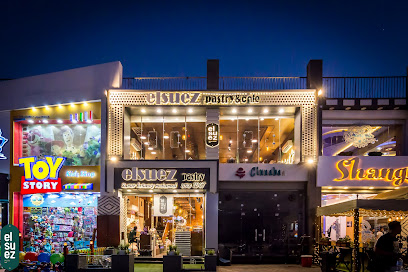
Santorini Restaurant & Cafe
Experience authentic Japanese cuisine with a view at Santorini Restaurant & Cafe on the New Suez Corniche. Open daily for breakfast, lunch, and dinner.
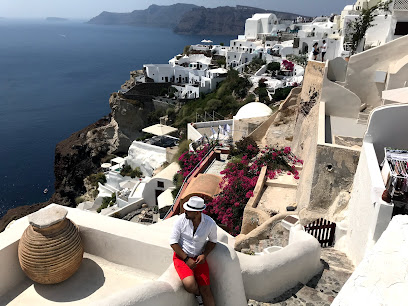
Suez Canal Museum
Explore the history of the Suez Canal, an engineering marvel connecting East and West, at the Suez Canal Museum in Ismailia.
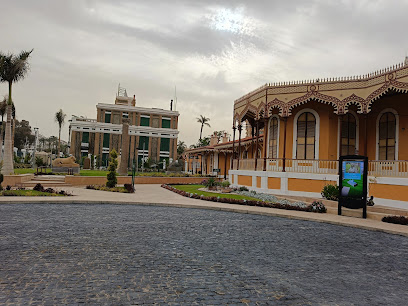
Unmissable attractions to see
Suez National Museum
Explore the Suez National Museum, a cultural treasure showcasing the rich history of the Suez Canal in the heart of Egypt.
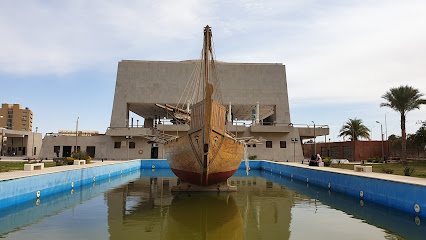
مزار عيون موسي
Discover Egypt's military history at the Eyes of Moses Museum in Al Ganayen, where every exhibit tells a story of bravery and resilience.
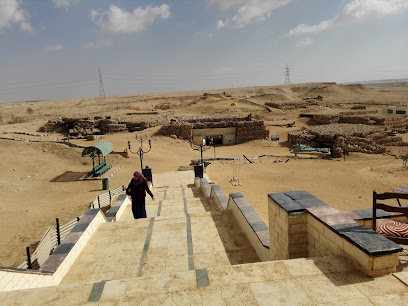
النقطة الحصينة بعيون موسى
Discover the serene beauty and rich history of النقطه الحصينه بعيون موسى, a captivating tourist attraction in Suez Governorate.
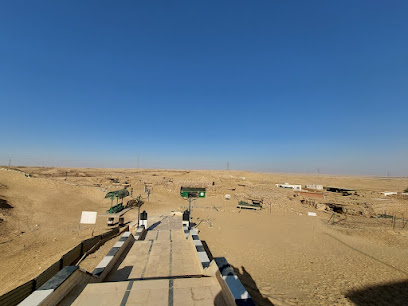
ميدان الهويس
Explore the vibrant culture and history at Midan Al-Hawis, Suez's essential tourist attraction offering scenic views and local flavor.

شاليه ايجار بقريه المونت جلاله بالعين السخنه
Discover the tranquil charm of Shalyeh Ijar Bqrih Almont Jalalah in Attaka, Suez Governorate – a perfect escape for art and nature lovers.
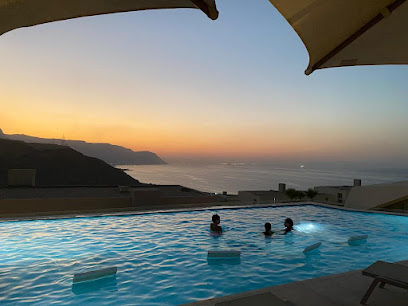
يخت النسر
Experience the perfect blend of adventure and relaxation at El Nasr, a stunning tourist attraction on the picturesque Red Sea coast.
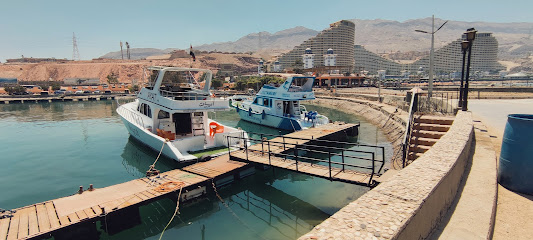
Spiaggia sea club
Experience the serene beauty and adventure at Spiaggia Sea Club in Egypt's Suez Governorate, your perfect getaway by the Red Sea.
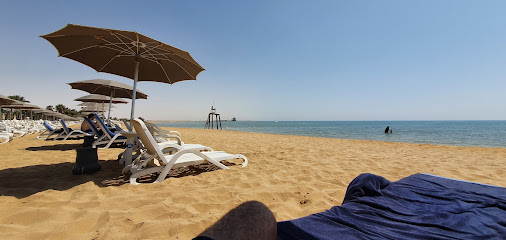
سور فرعون
Explore Sur Faroun, an enchanting tourist attraction in the Suez Governorate, where history and culture blend seamlessly.

Shipwreck
Explore the captivating Shipwreck in Ras Al Masala, where history meets stunning coastal beauty, perfect for adventure seekers and nature lovers alike.

Palm beach elsoukhna
Experience the tranquil beauty and vibrant activities at Palm Beach El Soukhna, your ultimate getaway on the Red Sea coast in Egypt.
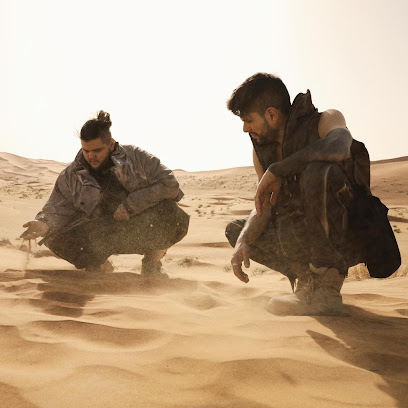
The Dunraven ship wrek
Discover the intriguing underwater world of the Dunraven shipwreck in Suez, Egypt—a historical marvel for divers and history enthusiasts alike.
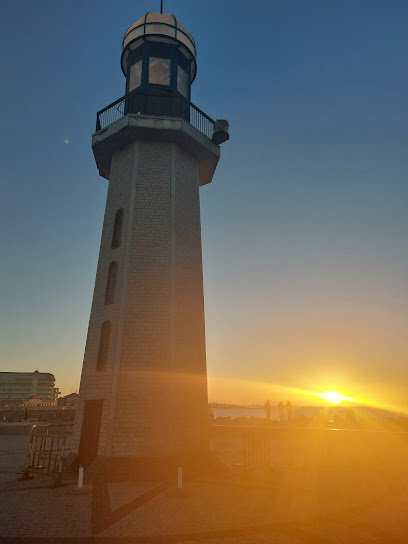
أرض فضاء للإستثمار
Discover the stunning landscapes and investment potential at أرض فضاء للاستثمار in Suez, a unique fusion of tourism and opportunity.

Ain Sokhna
Explore Ain Sokhna, a breathtaking resort town on the Red Sea offering pristine beaches, adventure activities, and rich Egyptian culture.

امريكة
Experience the unique charm of America in Faisal, Suez Governorate, a captivating tourist attraction that showcases local culture and heritage.

I love suez
Explore the rich maritime heritage and vibrant culture of Suez, Egypt, where the iconic Suez Canal meets local charm and adventure.

Essential places to dine
Aroset El-Bahr.
Discover Aroset El-Bahr: An exquisite seafood restaurant on Suez Corniche offering fresh catches and stunning waterfront views.
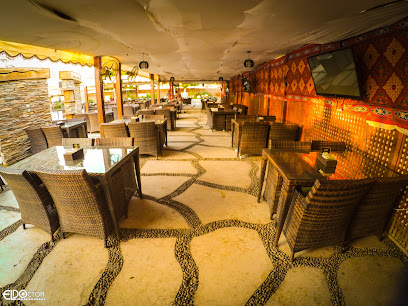
Fares Seafood and Grill
Experience the best seafood in Suez at Fares Seafood and Grill - where freshness meets flavor in every bite.
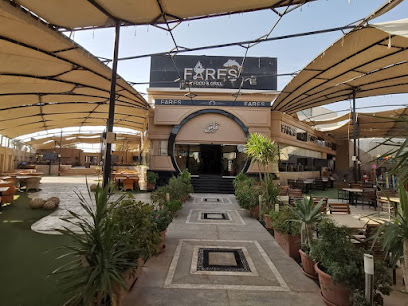
Sea Side
Discover exquisite meat dishes at Sea Side while enjoying breathtaking coastal views – a must-visit culinary gem for tourists.
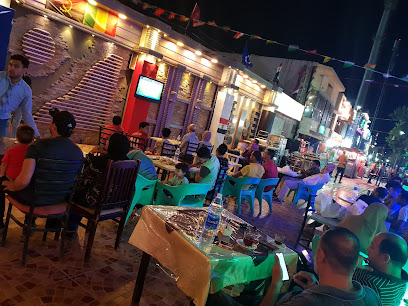
Abdo Wareth Seafood Restaurant
Experience authentic seafood dining at Abdo Wareth Seafood Restaurant in Suez - where fresh flavors meet stunning coastal views.
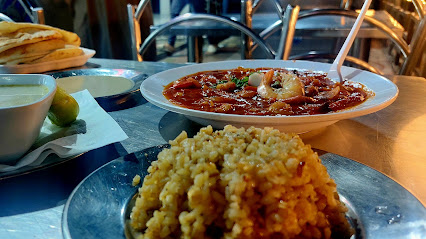
اسماك المحروسة
Discover fresh flavors at Asmak El Mahrousa, Suez's top destination for authentic seafood dining experiences.
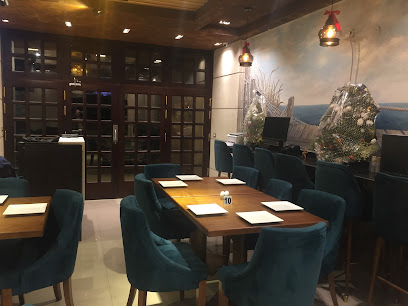
IL Gusto Restauranti Italiano
Savor authentic Italian flavors at IL Gusto Restauranti Italiano in Hurgada—where fast food meets fine dining.
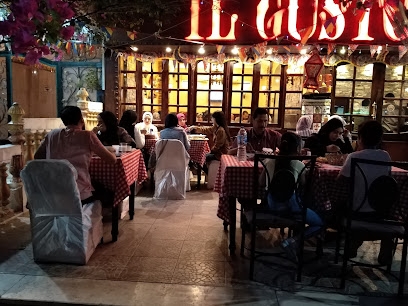
Pizza Hut Suez - بيتزا هت السويس
Experience delightful pizza offerings at Pizza Hut Suez, where every bite transports you to Italy amidst the charm of Egypt's coastal city.
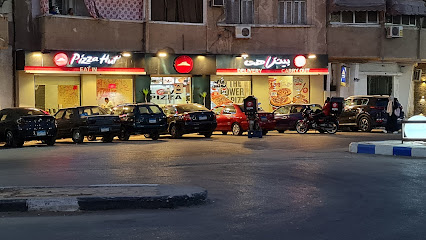
Caracon كراكون
Experience authentic Egyptian fast food at Caracon كراكون in Suez – delicious flavors and vibrant atmosphere await you.
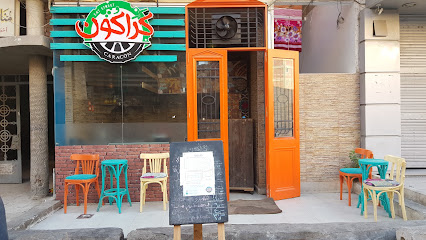
Fares Seafood & Grill
Discover the exquisite flavors of fresh seafood at Fares Seafood & Grill in Suez—an unforgettable culinary experience awaits you.
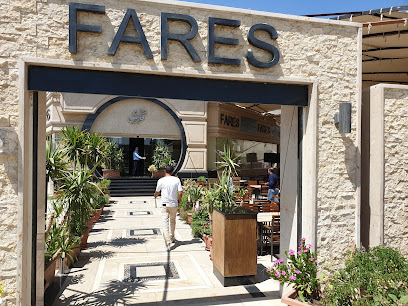
Euphoria Suez - يوفوريا السويس
Discover Euphoria Suez: A charming breakfast spot offering delightful coffee and desserts in Arbaeen's vibrant atmosphere.
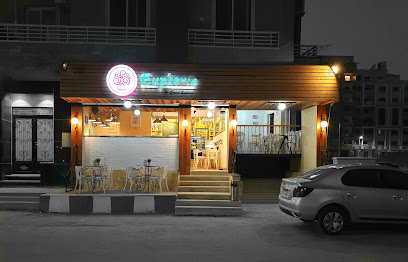
Cafe Suez Square
Discover authentic Egyptian cuisine at Café Suez Square—where local flavors meet vibrant atmosphere in the heart of Suez.
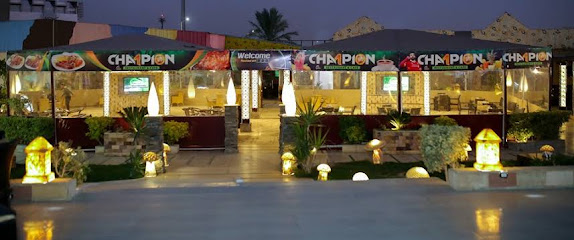
الجاسر مأكولات بحرية فرع الكورنيش
Savor fresh seafood delights at الجاسر مأكولات بحرية Franj al-Kornish in Suez - A culinary gem by the waterfront.
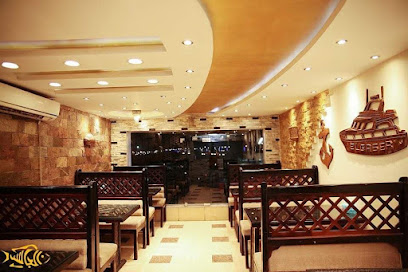
عمو جوجل
Experience delicious fast food at عمو جوجل in Suez - where every bite tells a story!
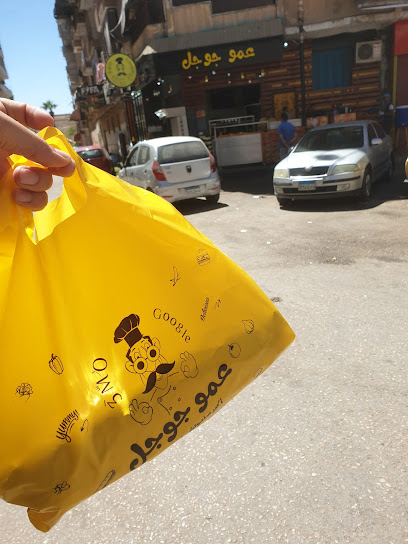
كافيه ومطعم كنكة Kanaka cafe and restaurant
Discover the essence of Japanese izakaya dining at Kanaka Cafe and Restaurant in Suez – where flavors meet tradition.
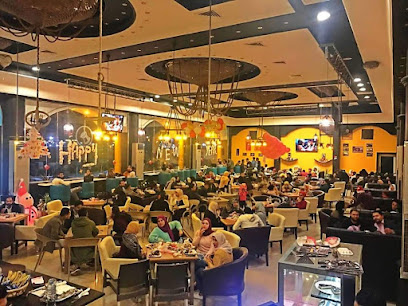
Santorini Restaurant & Cafe
Discover authentic Japanese flavors at Santorini Restaurant & Cafe in Suez - an izakaya experience like no other.
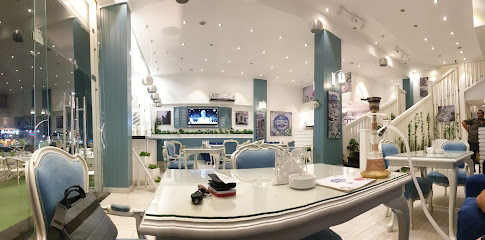
Markets, malls and hidden boutiques
KHOTWH STORE ( SUEZ ) خُطوة
Discover local fashion at KHOTWH STORE in Suez, where style meets tradition in a vibrant shopping atmosphere.
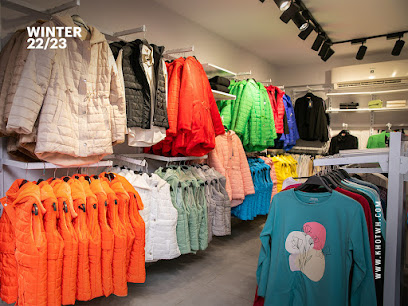
MU Gift Shop
Explore the charm of MU Gift Shop in Suez, where unique Egyptian gifts and local handicrafts await every traveler.
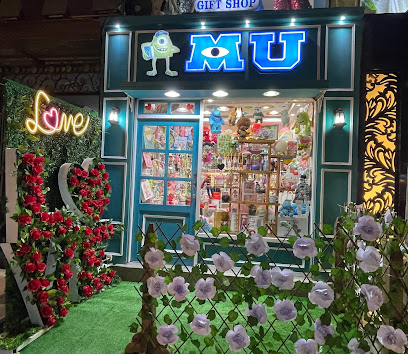
White Store Suez
Explore unique fashion finds at White Store Suez, where style meets affordability in the heart of Suez, Egypt.
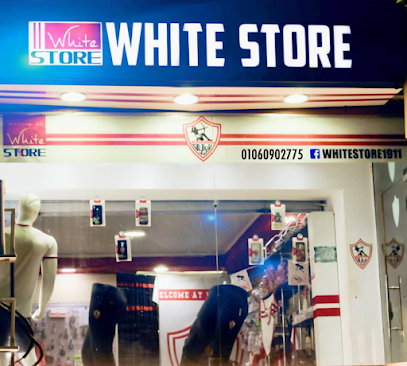
Be Unique
Explore Be Unique in Suez for a unique vending experience offering organic skin care products that cater to health-conscious travelers.
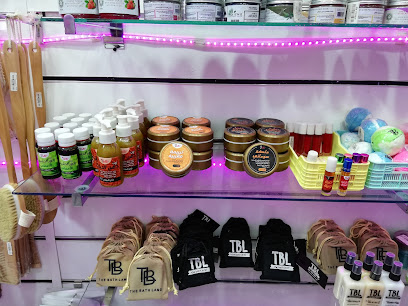
Simple Gallery
Explore Simple Gallery in Suez for unique gifts and local artisanal treasures that capture the spirit of Egypt.
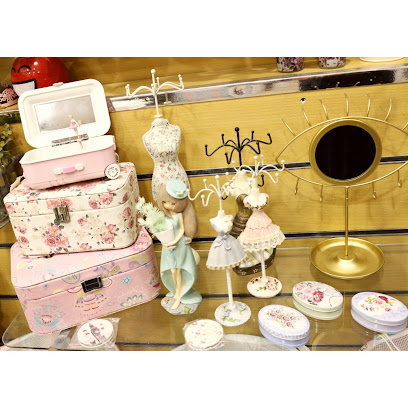
Meem Gallery Suez
Explore Meem Gallery Suez for a unique blend of local and international fashion, offering stylish clothing and accessories in a vibrant setting.
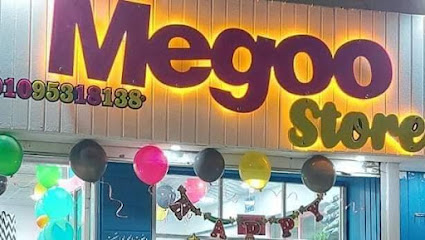
Coop Store Suez
Experience local shopping at Coop Store Suez, where vibrant culture meets quality products in the heart of Suez, Egypt.
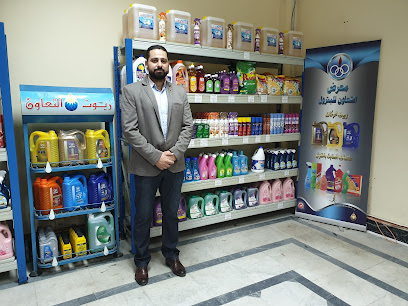
محمود السنوسي للنظارات والساعات
Explore Mahmoud El Senousy in Suez: A treasure trove of eyewear, watches, and fashion accessories for the discerning traveler.
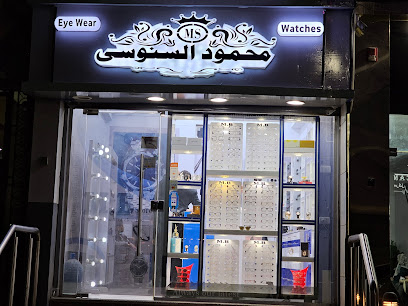
T&A store
Explore the vibrant fashion scene at T&A Store in Suez, where style meets quality in an enchanting shopping experience for women's clothing.

What to Wear
Discover the charm of Arbaeen at What to Wear, your go-to gift shop for unique souvenirs and local crafts that capture the essence of the region.

Osheen أوشـيــن
Discover unique Egyptian souvenirs and local crafts at Osheen, a charming gift shop in Suez, where every item tells a story.

Angel wedding dresses
Discover exquisite wedding gowns and personalized service at Angel Wedding Dresses in Suez, perfect for your special day.

عطور الحرمين
Experience the rich heritage of Egyptian fragrances at عطور الحرمين, a premier perfume store in Suez, offering unique scents and personalized service.

Suezmare Co.
Explore Suezmare Co. in Suez, Egypt – your ultimate destination for marine supplies and expert advice on all things nautical.

rose collection suez
Experience the vibrant shopping culture at the Rose Collection in Suez, where unique products and local charm await every visitor.
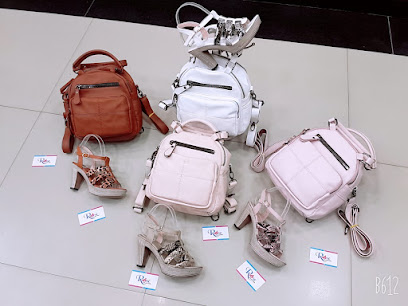
Essential bars & hidden hideouts
فواكه بارادايس
Discover the vibrant nightlife at Fruits Paradise, Suez's premier cocktail bar offering an extensive selection of drinks in a lively atmosphere.
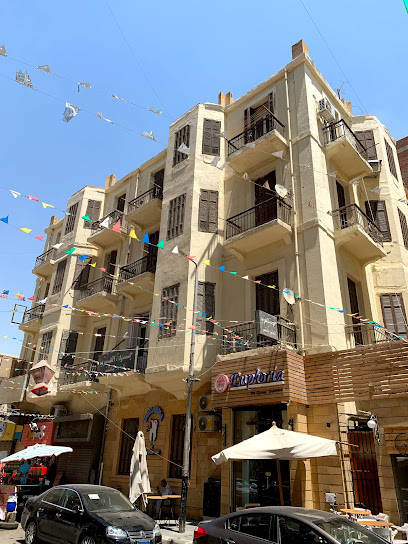
Santorini Restaurant & Cafe
Experience the Authentic Flavors of Japan at Santorini Restaurant & Cafe in Suez, Perfect for a Culinary Adventure.
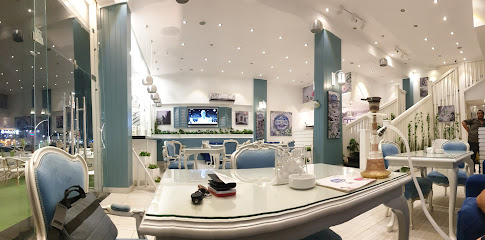
On The Fast
Discover the vibrant cocktail scene at On The Fast in Faisal, where creative drinks and lively atmosphere await you.
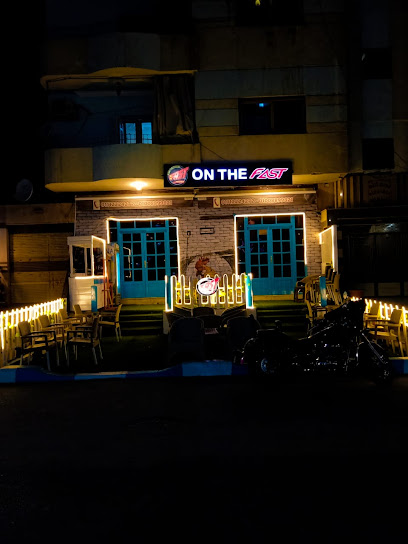
اولاد سلمي
Dive into the lively nightlife of أولاد سلمي, a bar where culture and camaraderie come alive in the heart of Al Ganayen.

Captain black
Discover the vibrant spirit of Suez at Captain Black, the perfect bar for relaxation and socializing with a refreshing drink in hand.

مؤسسه مجدى نجيب ايس كريم
Indulge in the finest ice cream at Mohsen Megdi Naguib Ice Cream in Arbaeen, Suez Governorate, where sweet memories await every visitor.
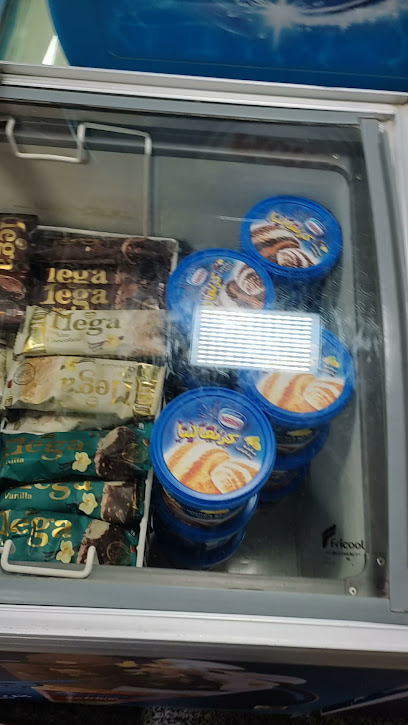
Pink mart
Discover the lively ambiance and refreshing drinks at Pink Mart, the go-to bar for tourists in Suez, Egypt.

محلات هيما
Discover the local nightlife at محلات هيما, a vibrant bar in Arbaeen, Suez Governorate, where great drinks and lively atmosphere come together.

Caribbean loung
Discover the vibrant Caribbean Lounge in Suez, where lively music and delicious cuisine create an unforgettable tropical escape.
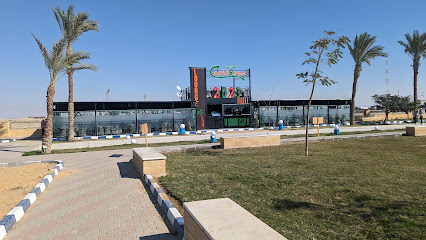
معصره ابو العزايم
Experience the vibrant nightlife of Suez at معصره ابو العزايم, a bar that blends local culture with social ambiance for an unforgettable evening.
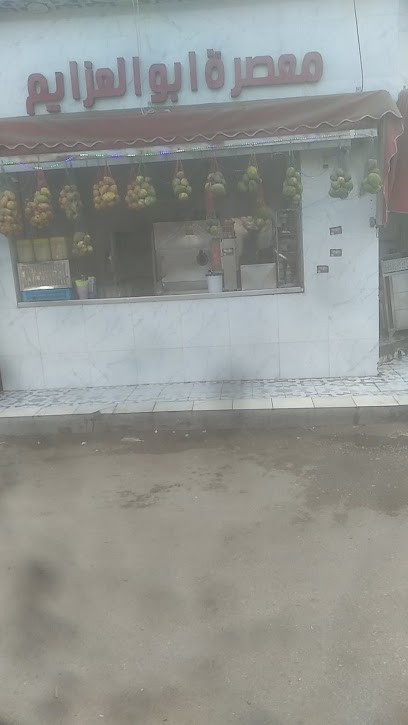
محمد محمد
Experience the vibrant nightlife at محمد محمد Bar in Faisal, where locals and tourists come together for refreshing drinks and lively entertainment.

Guys
Discover Guys Bar in Faisal - your perfect destination for relaxation, socializing, and enjoying local beverages in a cozy atmosphere.

حانة
Discover the vibrant atmosphere of حانة in Suez, where locals and tourists come together to enjoy refreshing drinks and lively conversations.

فرغلي
Discover the art of mixology at فرغلي, a lively cocktail bar in Al Semad, where flavor meets fun in a vibrant atmosphere.

Local Phrases
-
- Helloمرحبا
[Marhaba] - Goodbyeوداعا
[Wada'an] - Yesنعم
[Na'am] - Noلا
[La] - Please/You're welcomeمن فضلك/على الرحب والسعة
[Min fadlak/A'la arrahb wasa'a] - Thank youشكرا
[Shukran] - Excuse me/Sorryعذرا
[A'athara] - How are you?كيف حالك؟
[Kayf halak?] - Fine. And you?بخير. وأنت؟
[Bekhayr. Wa anta?] - Do you speak English?هل تتحدث الإنجليزية؟
[Hal tatahadath al'injilizia?] - I don't understandأنا لا أفهم
[Ana la afham]
- Helloمرحبا
-
- I'd like to see the menu, pleaseأريد أن أرى القائمة، من فضلك
[Areed an ara alqa'ima, min fadlak] - I don't eat meatأنا لا آكل اللحوم
[Ana la aakol allahom] - Cheers!في صحتك!
[Fi sahtak] - I would like to pay, pleaseأود أن أدفع، من فضلك
[Awad an adfa', min fadlak]
- I'd like to see the menu, pleaseأريد أن أرى القائمة، من فضلك
-
- Help!النجدة!
[Alnajdah!] - Go away!انصرف!
[Ansurf!] - Call the Police!اتصل بالشرطة!
[Itasal bialshurta!] - Call a doctor!اتصل بطبيب!
[Itasal batabib!] - I'm lostلقد ضللت
[Lakad dalalt] - I'm illأنا مريض
[Ana mareed]
- Help!النجدة!
-
- I'd like to buy...أريد أن أشتري...
[Areed an ashtari...] - I'm just lookingأنا فقط أتفرج
[Ana faqat atfarg] - How much is it?كم سعرها؟
[Kam sa'raha?] - That's too expensiveهذا غالي جدا
[Hatha ghali jiddan] - Can you lower the price?هل يمكنك خفض السعر؟
[Hal yumkinuk khafd alsar?]
- I'd like to buy...أريد أن أشتري...
-
- What time is it?كم الساعة؟
[Kam alsaa'a?] - It's one o'clockالساعة الواحدة
[Alsaa'a alwahida] - Half past (10)العاشرة والنصف
[Al'ashra wannahf] - Morningالصباح
[Assabah] - Afternoonالمساء
[Almasa'] - Eveningالمساء
[Almasa'] - Yesterdayأمس
[Ams] - Todayاليوم
[Alyawm] - Tomorrowغدا
[Ghadan] - 1واحد
[Wahid] - 2اثنان
[Ithnan] - 3ثلاثة
[Thalatha] - 4أربعة
[Arba'a] - 5خمسة
[Khamsa] - 6ستة
[Sitta] - 7سبعة
[Sab'a] - 8ثمانية
[Thamania] - 9تسعة
[Tasia] - 10عشرة
[Ashara]
- What time is it?كم الساعة؟
-
- Where's a/the...?أين توجد...؟
[Ayna tawjed...?] - What's the address?ما هو العنوان؟
[Ma huwa al'anoan?] - Can you show me (on the map)?هل يمكنك أن تريني (على الخريطة)؟
[Hal yumkinuk an tareeni (ala alkharita)?] - When's the next (bus)?متى يأتي الحافلة التالية؟
[Mata yati alhafilat altaliat?] - A ticket (to ....)تذكرة (إلى...)
[Tazkirat (ila...)]
- Where's a/the...?أين توجد...؟
History of Suez
-
Suez, situated at the northern end of the Gulf of Suez, has been an important location since ancient times. It was known to the Ancient Egyptians as Clysma and served as a strategic point for trade and military expeditions. The region has seen the rise and fall of various civilizations, each leaving its mark on the city’s historical landscape.
-
Long before the Suez Canal as we know it today, there existed an ancient precursor known as the Canal of the Pharaohs. This waterway was constructed during the reign of Pharaoh Senusret III of the 12th Dynasty around the 19th century BCE. It linked the Red Sea to the Nile River, facilitating trade between the Mediterranean and the Indian Ocean.
-
During the Islamic Golden Age, Suez became a critical hub for Muslim pilgrims traveling to Mecca for the Hajj. The city thrived as a port, connecting Egypt with the Arabian Peninsula and beyond. It was during this time that the city saw significant development and fortification.
-
In the 16th century, Suez came under Ottoman control. The Ottomans recognized the strategic importance of the city and invested in its infrastructure. The port of Suez became a key naval base for the Ottoman fleet in the Red Sea, playing a vital role in protecting the empire’s maritime interests.
-
Perhaps the most transformative event in the history of Suez was the construction of the Suez Canal. Completed in 1869 under the leadership of French engineer Ferdinand de Lesseps, the canal revolutionized global trade by providing a direct maritime route between Europe and Asia. The project faced numerous challenges, including technical difficulties and political opposition, but its completion marked a new era for the city and the world.
-
In 1956, the nationalization of the Suez Canal by Egyptian President Gamal Abdel Nasser led to the Suez Crisis. This geopolitical conflict saw a military intervention by Israel, followed by the United Kingdom and France. The crisis highlighted the strategic importance of the canal and had significant implications for the region and international relations.
-
Today, Suez stands as a vibrant city that continues to play a vital role in global maritime trade. The Suez Canal has been expanded and modernized to accommodate the ever-increasing size of commercial vessels. The city's economy thrives on its port activities, and it has also become a popular destination for tourists interested in its rich history and cultural heritage.
Suez Essentials
-
Suez is accessible via multiple routes. The nearest major airport is Cairo International Airport (CAI), approximately 130 kilometers away. From Cairo, you can take a bus or a taxi to Suez. The journey typically takes around 2 hours by road. Alternatively, you can travel by train from Cairo to Suez, which offers a comfortable and scenic route.
-
Suez offers several transportation options. Taxis are widely available and are a convenient way to get around the city. Public buses and minibuses (microbuses) operate within Suez and to nearby areas. For those looking to explore at their own pace, renting a car is also an option. Be aware that traffic can be heavy, especially during peak hours.
-
The official currency in Egypt is the Egyptian Pound (EGP). Credit cards are accepted in many hotels, restaurants, and shops, but it is advisable to carry cash for smaller establishments and markets. ATMs are available throughout Suez, but it is a good idea to withdraw sufficient cash in larger cities to avoid any inconvenience.
-
Suez is generally a safe destination for tourists, but like any city, it is important to stay vigilant. Avoid walking alone at night in unfamiliar areas and keep an eye on your belongings in crowded places. Some neighborhoods to exercise extra caution include Al-Manakh and Al-Arbaeen. Always use official taxis and avoid sharing personal information with strangers.
-
In case of emergency, dial 122 for the police, 123 for medical emergencies, and 180 for the fire department. It is recommended to have travel insurance that covers medical emergencies. There are hospitals and medical facilities available in Suez. For minor health issues, pharmacies are accessible throughout the city.
-
Fashion: Do dress modestly, especially when visiting religious sites. Avoid wearing revealing clothing. Religion: Do respect local customs and traditions. Always remove your shoes when entering mosques. Public Transport: Do be respectful and give up your seat to elderly passengers. Don't eat or drink on public transport. Greetings: Do greet people with a handshake or a slight nod. Avoid overly familiar gestures. Eating & Drinking: Do try local delicacies and accept food offerings graciously. Don't refuse hospitality, as it is considered impolite.
-
To experience Suez like a local, visit the local markets where you can buy fresh produce and traditional Egyptian goods. Engage with locals, as they are often friendly and willing to share stories about the city's history and culture. Don't miss visiting the Suez Canal, one of the most significant waterways in the world. For a unique experience, take a boat tour to see the massive ships passing through the canal up close.
Trending Landmark in Suez
-
Suez Canal
-
National Military Museum Egypt
-
El Shohada'a Park
-
The Lighthouse of Port Said
-
Ferdinand De Lesseps statue Base قاعدة تمثال فرديناند ديليسبس
-
Ismailia Monuments Museum
-
Rateb Ice Cream
-
Suez National Museum
-
Pharaonic monuments area Bazbp hill
-
Pilgrims Village Mosque
-
Summer Palace Hotel & Resort
-
Masjid Al Khedir
-
Elsuez Pastry & Cafe
-
Santorini Restaurant & Cafe
-
Suez Canal Museum
Nearby Cities to Suez
-
Things To Do in Ismailia
-
Things To Do in Zagazig
-
Things To Do in Cairo
-
Things To Do in Port Said
-
Things To Do in Beni Suef
-
Things To Do in Tanta
-
Things To Do in Damietta
-
Things To Do in Eilat
-
Things To Do in Aqaba
-
Things To Do in Dahab
-
Things To Do in Beersheba
-
Things To Do in Minya
-
Things To Do in Wadi Rum
-
Things To Do in Petra
-
Things To Do in Sharm El Sheikh








